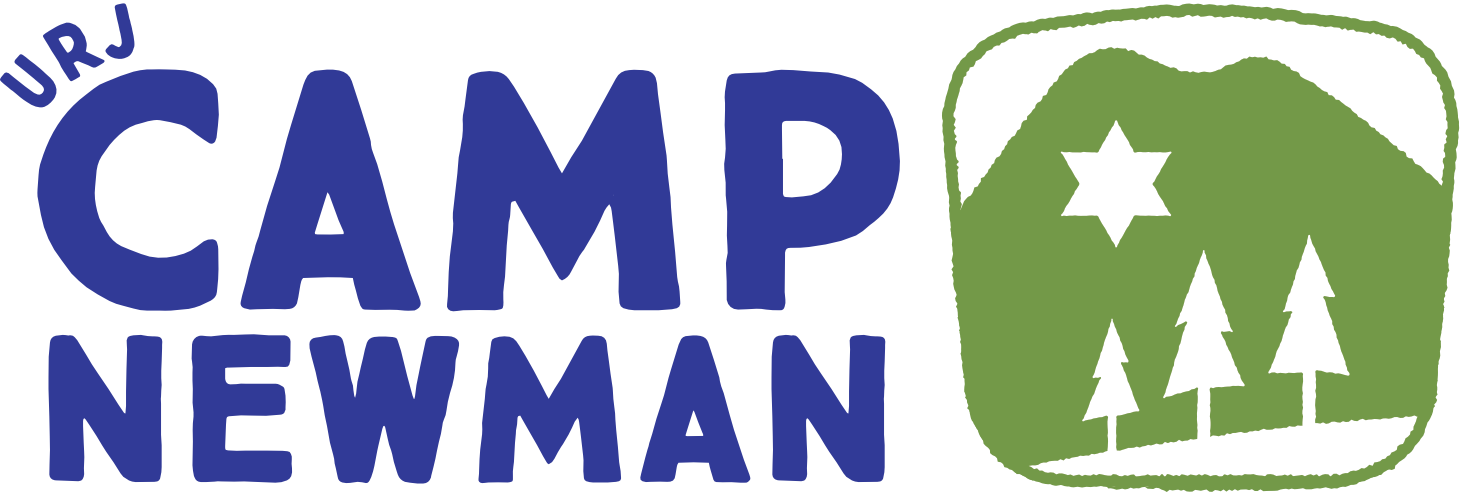By Shayna “Shosh” Dollinger
Summer Education Director
Rabbinic Student at Hebrew Union College
Jewish summer camp is the perfect place to learn about, process, and reckon with what it means to be a diaspora Jew in relationship with the state, nation and people of Israel. That’s why this summer, as director of Israel education, I leaned into building our campers’ relationships with Israel.
When the Iran war began in June, one of our Israeli staff members, a commander in his unit, knew that he had to return home to Israel to fight for his people. As I sat with him to process this decision, he felt pained leaving camp and his campers behind. But what I explained to him in that moment is that he would teach our campers more by returning home to fight for our homeland than he would have by staying at camp. Our campers learned that to be Israeli means to sacrifice one’s own experience for the sake of protecting the Jewish people.
This is the power of having a mishlachat, an Israeli delegate of staff at camp each summer. Campers build their relationship with Israel by building relationships with Israelis. Once per session, Israeli staff led programming about Israel. In junior camp they taught about culture – food, music, games, holidays, and more. In teen camp, our Israeli staff brought campers into more advanced conversations about Israel – inviting them to share their own relationships with and feelings towards Israel at this moment. They looked at Israel past, present, and future – imagining what Israel could look like in 2048, on the 100th anniversary of its independence. I was struck by the hope our campers held for a better future for this land, even during days as dark as these.

During the year, our campers are faced with so much noise and polarized opinions about Israel, the war, and the ongoing crisis in the Middle East. Social media is so loud that it’s hard to hear anything beyond simple infographics. But at camp, the noise quiets. There is so much that is magical about the camp bubble and one of the biggest is the respite it gives our campers from technology, especially from scrolling through social media. That’s why, in this insulated space, we worked with our campers on leaning into nuance and practicing what it means to hold multiple perspectives.
Camp Newman is a place where our campers feel safe to explore who they are. It’s a place where they can try on new hobbies, opinions, or personalities. At camp, their confidence grows. They learn how to think, act and live autonomously. They learn how and where to find and build community. It is this kind of space that is ripe for exploring challenging conversations, for exploring what it means to be a minority, and especially to think about what it means to be connected to a place thousands of miles away. Our Israeli staff experience the same wonder – of discovering a more personal, inclusive way of being Jewish. Several of them helped to lead our final Shabbat of the summer and shared beautiful reflections about what it means to them to spend the summer at camp.
In one of our weekly Jewish learning electives, campers were part of Debate Club: Israel Edition. In our first session we discussed what it means to have a healthy debate. Campers shared and learned that in healthy debates one person doesn’t “win,” but everyone grows. We learned to “visit” other people’s opinions and that it’s okay to change our minds. Based on stories from the book For the Sake of Argument, we discussed and debated questions like whether an Arab citizen of Israel who refuses to sing the Hatikvah should be allowed to play on the national soccer team, whether Palestinian residents of East Jerusalem should vote in mayoral elections, and how parents in the US react to differing opinions about Zionism in their families. I watched with pride as these campers entered into challenging conversations with courage, acceptance, and eagerness to learn. I’m hopeful that as these campers return to the world outside of camp, they will continue to engage with nuanced and complex narratives, all in the spirit of growth.
Despite, or perhaps because of, the pain and darkness in Israel this summer, our campers dove deep into their own relationships with Israel and what it means to be a diaspora Jew. A few days into the Iran war, I and a number of Israeli staff sat with our Avodahniks to process the news. After they asked questions and we did our best to answer, we sang Olam chesed yibaneh. As I looked into the eyes of each of these teens and reflected on the holy work we were doing at camp, I felt confident that true to the words of the song – we would build this world from love.
